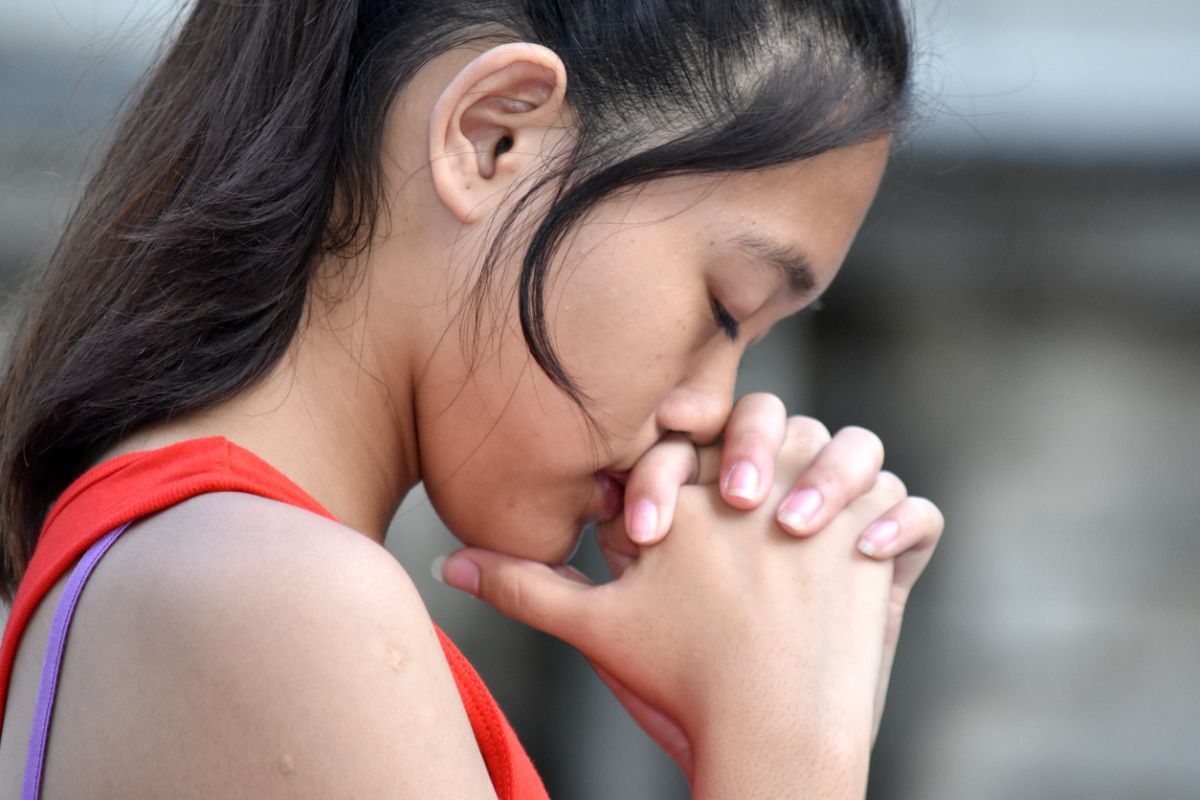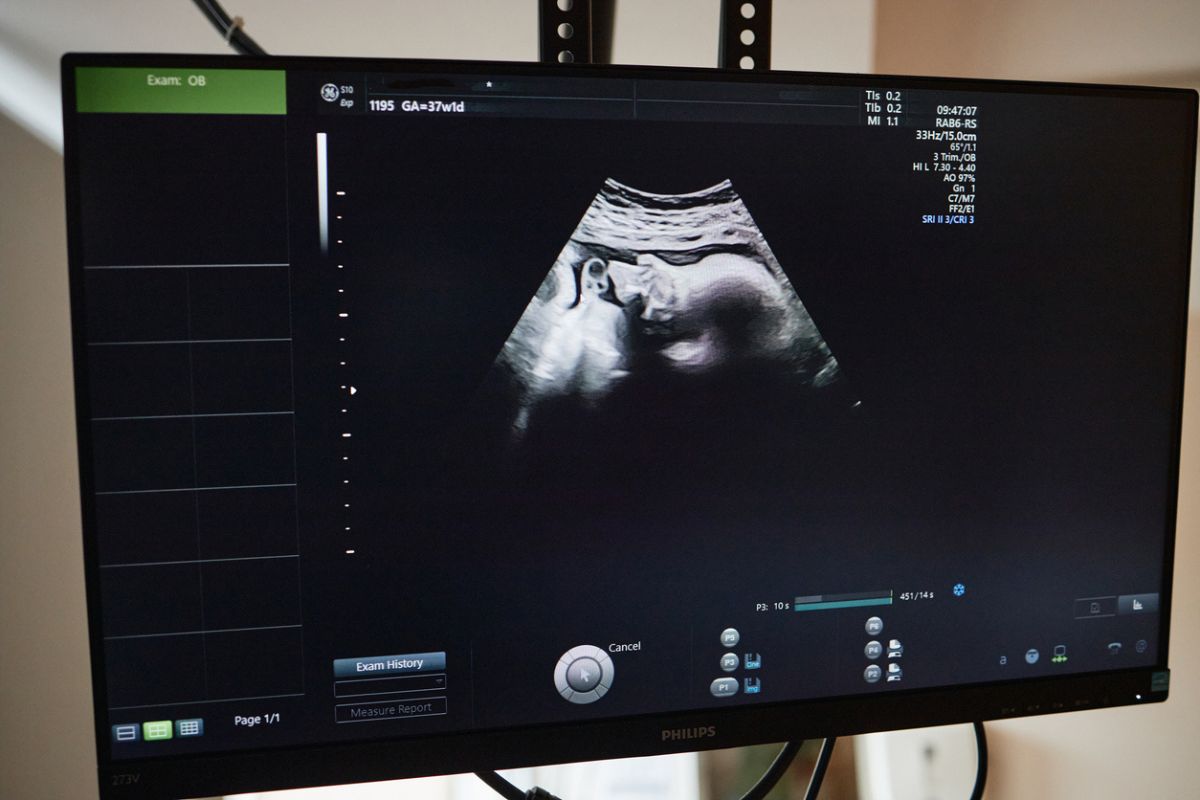It probably comes as no surprise that adolescents who struggle to get a good night’s sleep also struggle with their mental health. What is a bit of surprise is just how threatening that lack of rest can be. New research out of the Universities of Birmingham and Warwicks contends that sleep-deprived kids are more inclined to hurt themselves.
The grim results, appearing in the Journal of Child Psychology and Psychiatry, draw on data from more than 10,000 young people enrolled in the United Kingdom’s “Millennium Cohort Study.”
“While this is clearly an unfavourable relationship, one positive from this research is that sleep is a modifiable risk factor. We can actually do something about it,” first author Michaela Pawley, a University of Warwick PhD candidate, said in a statement. “If the link between sleep and self-harm holds true and with well-placed interventions in schools and homes, there is a lot we can do to turn the tide.”
A Growing Public Health Concern
Researchers tracked participants from infancy through late adolescence to better understand how sleep patterns affect their mental health outcomes. The team took a particular interest in self-harm rates, which have reached alarming levels worldwide. Despite leveling off in the United States (at least among adolescents) self-harm has been climbing globally in this group. Recent estimates suggest that 14% to 21% of young people have deliberately hurt themselves.
Similarly, sleep problems continue to plague the world’s teenagers. Older adolescents are going to bed later, sleeping less, and reporting higher rates of unsettled rest.
Previous studies have hinted at a connection between poor rest and self-injury, but most focused on single aspects of sleep or limited their scope to short-term consequences.
Methodology
The research team sifted through data from more than 10,000 adolescents between the ages of 14 and 17. At age 14, teens completed detailed questionnaires about their sleep, which included metrics such as average duration on school nights and weekends, time taken to nod off, and frequency of night awakenings.
The survey respondents also reported on self-harm and took a computerized task that gauged their decision-making abilities.
At age 17, participants again answered questions about whether they had engaged in self-harm at some point in the previous year.
Finally, the researchers then compared sleep patterns at 14 with both immediate and later self-harm risk.
What Did They Find?
Three specific sleep problems stood out as significant predictors of self-harm:
- Less sleep on school nights: Teens who slept fewer hours during the week were more likely to report self-harm at 14 and again at 17.
- Taking longer to fall asleep: Adolescents who reported that it took longer to drift off also showed higher self-harm risk, both in the short and long term.
- Frequent night awakenings: Teens who had trouble sleeping through the night appeared to be the most vulnerable.
It’s especially noteworthy that these connections persisted even after accounting for other factors. By age 17, adolescents living with these sleep difficulties faced consistently higher odds of hurting themselves in the past year.
However, even though poor sleep is known to affect cognition, the researchers found no evidence that rational decision-making explained the pathway between disrupted sleep and self-harm.
Implications
The researchers point to several mechanisms that could be at play here.
- Interrupted sleep, particularly during REM sleep, can hamper emotional regulation and exacerbate stress reactivity.
- Teens who lie awake at night might also ruminate more, making those feelings of distress even worse.
- And, over time, chronic sleep deprivation during the school week might feed into mood problems and unhealthy coping strategies, including self-harm.
The researchers stress the importance of rest as a modifiable risk factor. Unlike some mental health challenges, these problems can be dealt with by leveraging targeted interventions such as cognitive-behavioral therapy for insomnia, nurturing consistent sleep routines, and implementing policies that cut back on early school start times.
By identifying multiple factors in a large, representative sample, this research adds to mounting evidence that poor sleep isn’t just a nuisance. It can be a warning sign of deeper struggles.
“Self-harm is one of the leading causes of death among adolescents and young adults. It is a sobering topic,” senior author Professor Nicole Tang, Director of Warwick Sleep and Pain Lab at the University of Warwick, added. “Knowing that poor and fragmented sleep is often a marker preceding or co-occurring with suicidal thoughts and behaviour, it gives us a useful focus for risk monitoring and early prevention.”
As self-harm rates continue to climb, interventions that focus on healthy sleep could offer a valuable and realistic new approach to prevention.



